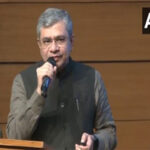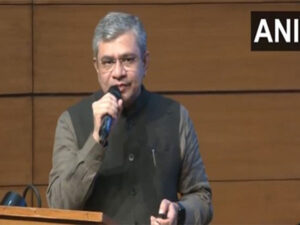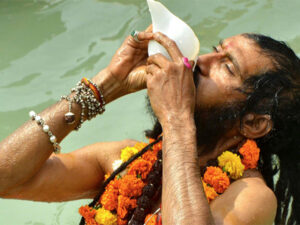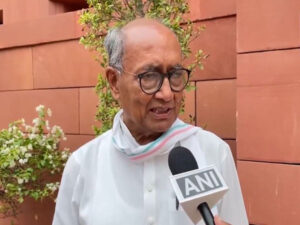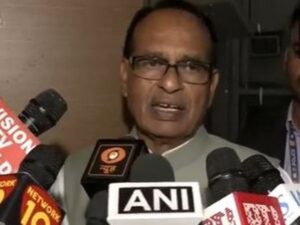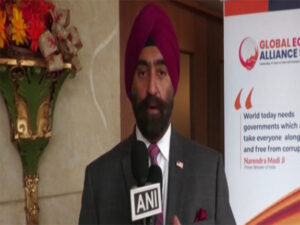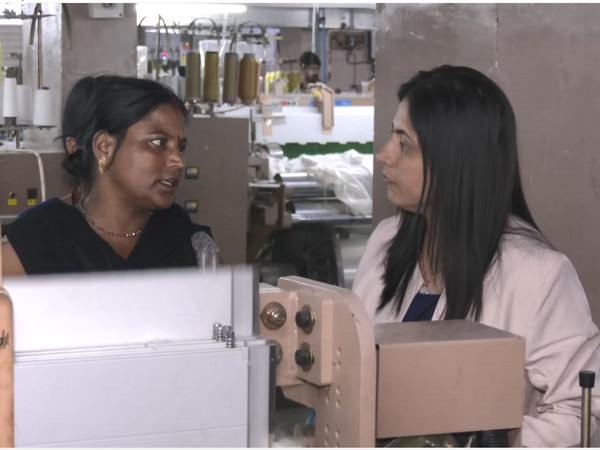
New Delhi (India), November 16, 2022 (ANI): Insha Mir, a journalism graduate, made a name for herself as an entrepreneur when she created Kashmir’s first organic fibre apparel company. Today, Insha is a role model for tens of thousands of Kashmiri men and women. Women have long played secondary roles in society compared to men. Women like Insha, however, are blazing a trail forward for young female entrepreneurs in the country.
Insha is but one example of the growth story of Indian women who are playing an instrumental role in further bolstering ‘Brand India‘. Hundreds of miles away in Surat city, in the country’s western state of Gujarat, many women entered into textile and apparel industries.
Women in Gujarat wear many hats, from company leaders to designers to store proprietors. “Textile is a very wider sector, in each and every field women have made remarkable work done, whether it is teaching, architecture and in all sectors so why not in textile? We can go a very good way to develop a lot”, said Karishma Dinesh Dhankani, Director, Reaghan Fashions Pvt Ltd.
“In 2019, I started a women empowerment project. Where 72 women will be working all together. Right now we have 23-25 women working with us, and the number of women will increase very soon. Within all my designs you will see a reflection of the Gujarati culture”, said Rachna Kapadia, Entrepreneur and Designer, Rangvesh.
It is not just the textile industry or any other industry that has shown positive trends of women’s increasing labour force participation. Women’s diversified roles and contributions have expanded dramatically across all sectors.
From high-end corporate offices in Mumbai to a mall in Gurugram to the farmlands of Punjab and Haryana; women have not only entered the workforce but are taking on leadership roles as well.
India, once dubbed a conservative society, is seeing women emerging as leaders in finance, technology, manufacturing, health, and many other sectors.
As per the Periodic Labour Force Survey annual report for July 2020 to June 2021, female labour participation in the usual status was 25.1 per cent. These numbers are projected to rise in times to come, with many experts opining that women will drive society. The government is committed to advancing women’s position in society in a holistic manner…be it by ensuring early childhood education or creating a welcoming workplace environment.
The improvements and growth we see today are the outcomes of India’s long-term multifaceted effort as a society and government. Over the past few years, the government has introduced a number of programmes aimed at empowering women, from offering socio-economic security to fostering entrepreneurship.
One of the first priorities of the Modi government was to put in place policies to empower women in their homes so that a foundation was set for a demographic change in the percentage of women that entered the workforce. The Swach Bharat mission, the Ujjwala Yojana and the ‘Beti Bachao Beti Padhao’ Yojana were three programmes created to make sure a basic bar was set up across India that gave women the resources needed to confidently stride into the labour force of India.
The Ujjwala Yojana – A national mission to lay piped cooking gas in homes across the country…this may seem to be a basic facility, however, its knock-on benefits were plenty. Mothers and sisters who traditionally tended to the kitchen of a home no longer had to breathe in toxic fumes from burning coal or wood, and now had clean piped gas for their cooking needs, keeping their health in order.
The third scheme, the ‘Beti Bachao Beti Padhao’ scheme, a project close to the heart of PM Narendra Modi, ensured education for every girl child in the country. With these schemes in place, women in rural India are turning out to be a crucial national asset that will lead the Indian growth story.
The nation has never been afraid to prioritise competent women, having had a female prime minister, female president… women leading the way in India’s space mission, to women doctors getting the nation’s health back on track. Indian women are a critical part of the Indian story, and their story has just begun. (ANI)

